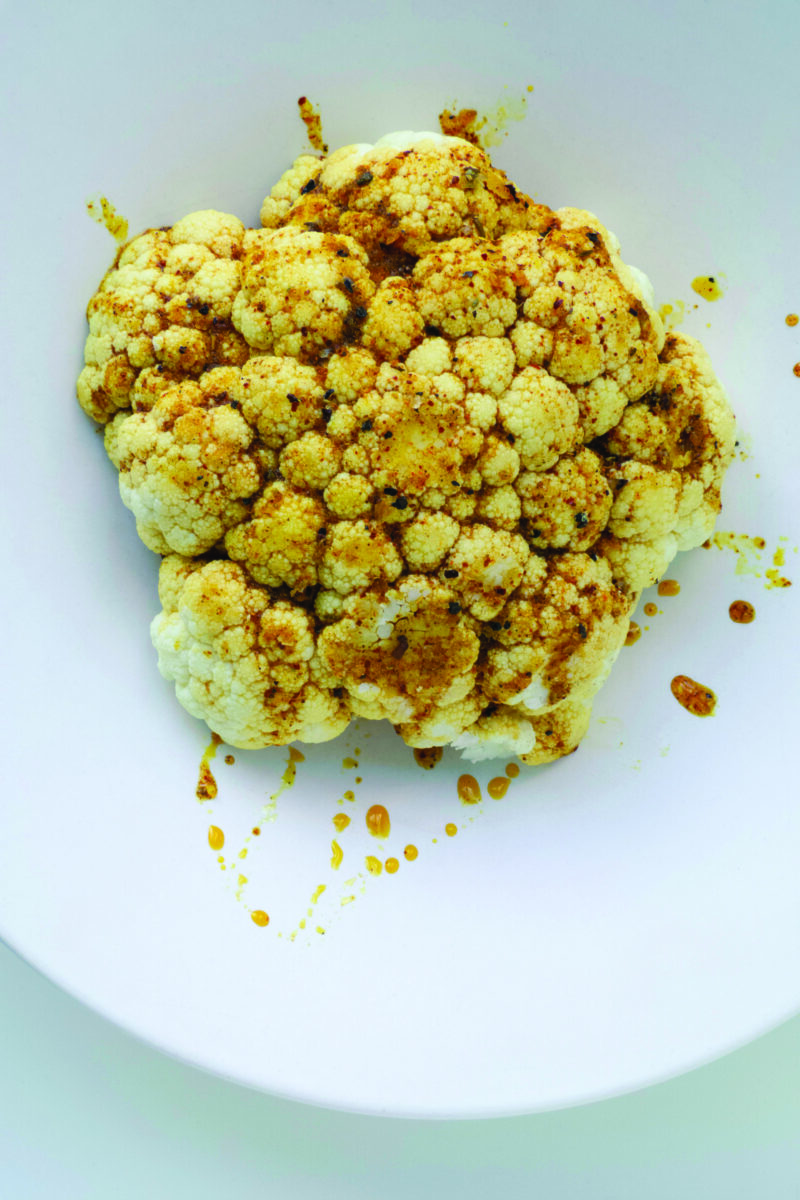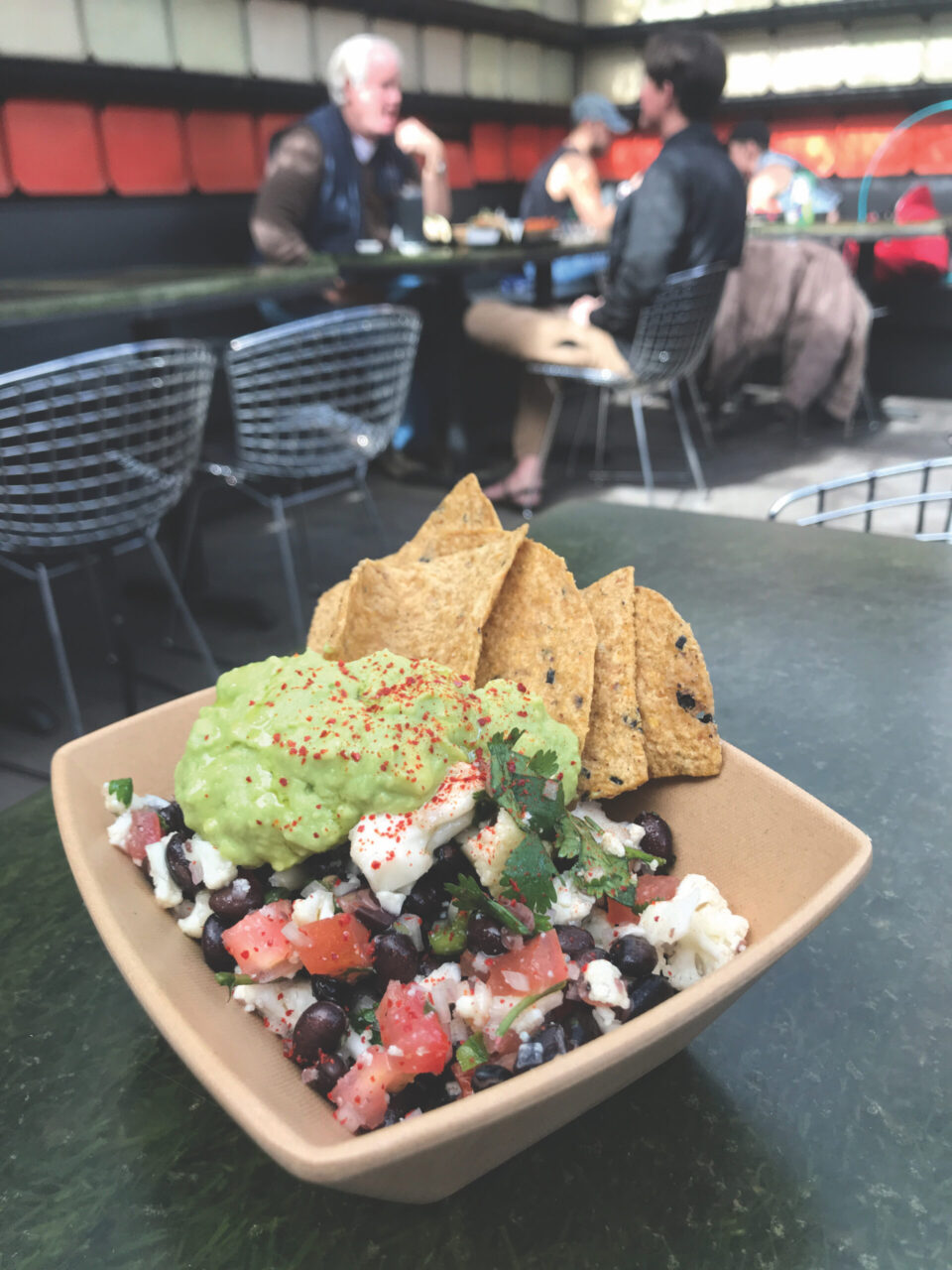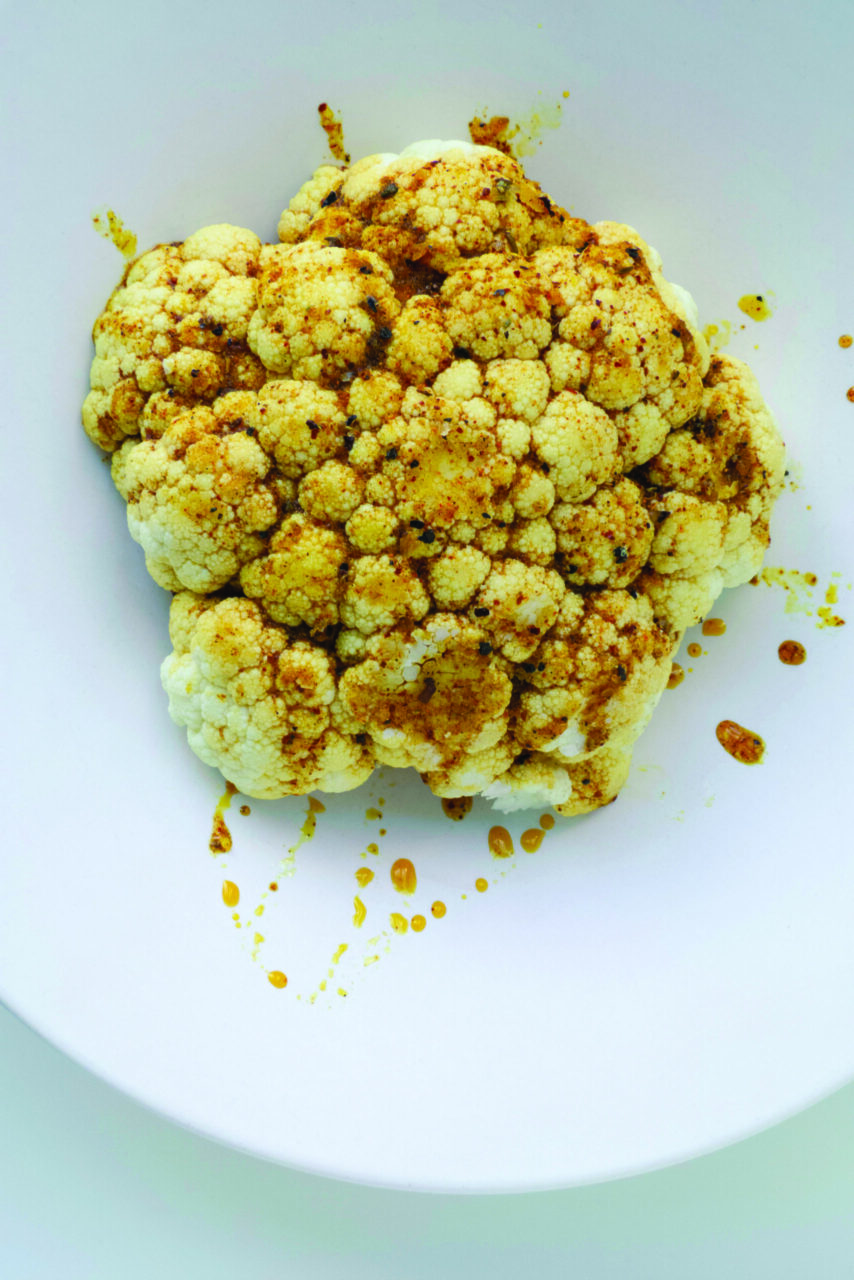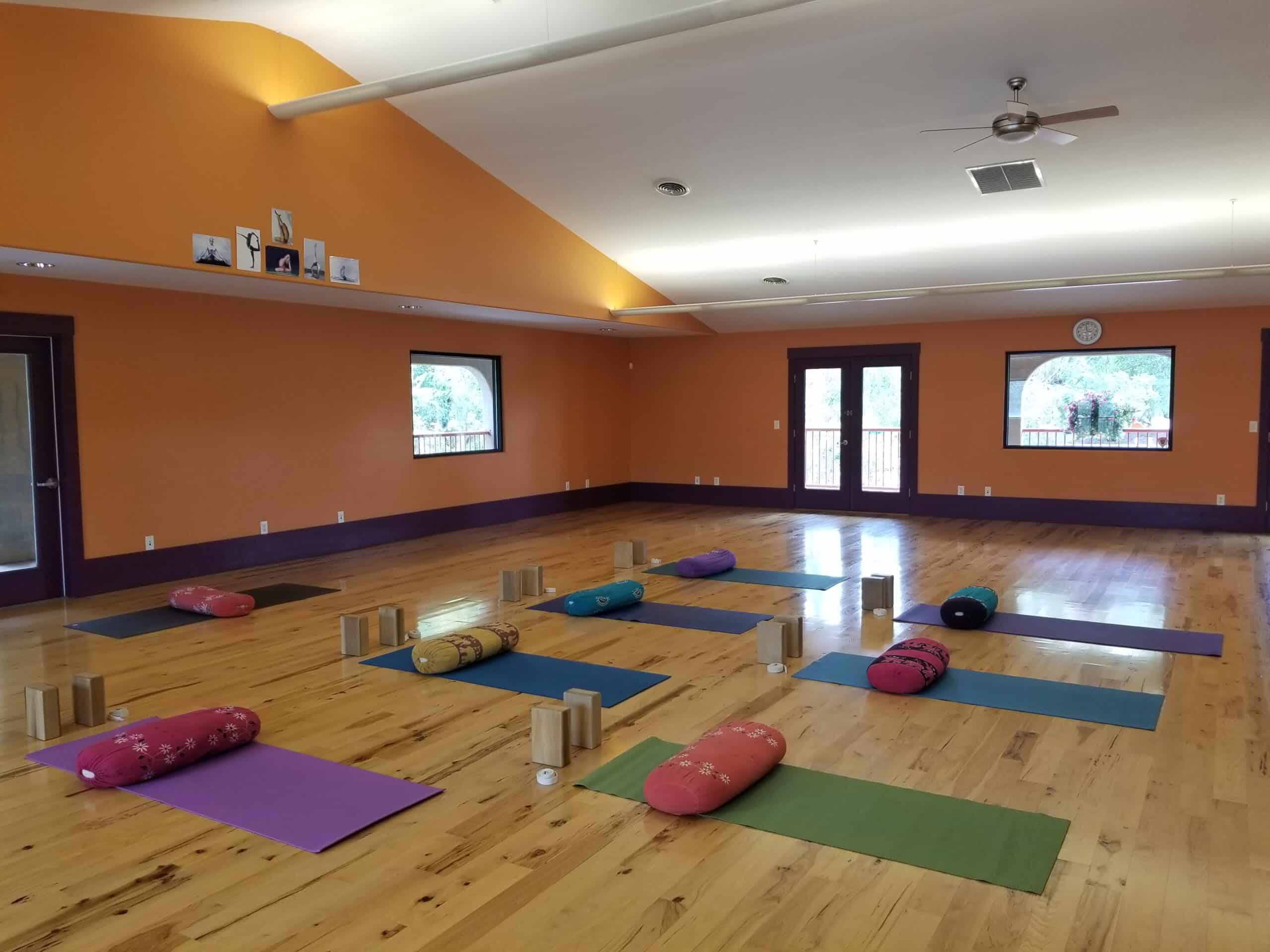Plant-Based Revolution : The Coloradan’s Guide to Eating Less Meat | By Michelle Polizzi
From the wide-open spaces of a mountain cattle ranch, to the charm of a Western Slope cowboy, there’s something iconic about eating meat in the West. Yet more Coloradans are setting aside their steak knives to join the plant-based movement sweeping the globe. It’s clear that eating less meat is popular, but is it also practical?
Ashley Ucan, executive chef at Denver’s plant-based restaurant, Vital Root, shares her perspective on the state of plant-based cuisine in Colorado — and where it’s headed. “It’s no longer a trend; it’s not that eventually this bubble will pop and everyone will go back to eating meat. It’s the future; it’s something that we just need to get better at,” Ucan says.
Plant-based eaters have been driven by the desire to protect animals and live longer, healthier lives. However, in the last two decades, global challenges like climate change, environmental degradation and factory farming have catapulted veganism from a seemingly extreme dietary choice into a respectable and viable lifestyle.
Recent emissions estimates from the UN’s Food and Agriculture Organization (FAO) state that 15 percent of all global greenhouse gas emissions come from livestock raised for food. What’s even more staggering is that the three leading meat and dairy corporations (JBS, Cargill and Tyson) now emit the same amount of greenhouse gasses as the three leading oil companies (Exxon, BP and Shell).
Health is another valid concern for anyone consuming large amounts of meat. A 2020 study by Northwestern Medicine and Cornell University revealed that a diet high in processed and red meat is correlated with higher levels of heart disease — the leading cause of death worldwide.
On a planet that’s transforming before our eyes, adopting a plant-based diet is one of the simplest ways that individuals can make a difference. So, what’s the best place to start? Ucan maintains that it’s important to be realistic about what you can manage. Being plant-based doesn’t mean you have to be a strict vegan; it just means you’re making a conscious step towards eating a healthier, more balanced diet.
It’s also important to be aware that not all food labeled “vegan” is a healthy choice. Ucan says that one of the most common mistakes people make when eating less meat or switching to a plant-based lifestyle is relying too heavily on processed foods and meat alternatives — some of which contain more additives than their fleshy counterparts.
Take the Beyond Burger, for instance. The popular beef alternative contains 380 mg of sodium, while a Burger King burger clocks in at 230 mg. While it’s true that the Beyond Burger is a better choice for animals and the environment, it’s important to be aware of ingredients when substituting meat.
Many people fall into this trap, because it can be easier to buy a plant-based alternative to something familiar, like deli slices and sausage, than to cook a new vegetable dish from scratch. To evade overwhelming feelings that often accompany this change, Ucan suggests starting small.
“If you normally have meat with this dish, can you sub tofu? Can you add some beans? Is there something else you can put in there where you’re not missing the meat? Being plant-based offers an avenue to eat healthier and explore options, but still not give up a way of life,” Ucan adds.
This is important for many Coloradans, where certain meat dishes are ingrained in culture and tradition. Rocky Mountain oysters, bison burgers and pork green chili are just a few iconic Colorado dishes that bleed with history and culture, and not everyone is willing to give that up for good. Ucan and the team at Vital Root think that’s okay. They aren’t interested in converting the world to veganism, nor shaming meat eaters for their palette. Instead they’re on a mission to introduce vegan food and the idea of eating less meat to people of all backgrounds, especially those who would normally cringe at the thought of a meatless meal.
“Our main goal as a restaurant is to not just get strictly vegans in here, but to get people that think they can’t eat vegan food because it tastes like vegan food. I want to fool everyone; I want them to try our queso and think there’s dairy in it,” she explains.
With menu items like walnut chorizo, edamame pâté and shiitake bacon, Vital Root makes it easy to sample the dynamic (and often unexpected) world of vegan cooking.
“It would be really nice for people that aren’t even vegan to expand their horizons,” she says. “Take the plunge; be a little courageous. You’d be really surprised.”
Photos by Foodism 360 and Michelle Polizzi. Eating less meat.
CAULIFLOWER CEVICHE

SERVES: 8 PEOPLE • SERVING SIZE: 8 OZ
1 large head (8 cups) finely chopped cauliflower florets
1 cup lime juice
2 cups diced Roma tomatoes
1 cup halved jalape.o (deseeded)
1 1/2 cup shallot, diced fine
3 cups canned black beans
1 cup finely chopped cilantro
1 1/2 Tbsb kosher salt
1/2 tsp black pepper
1 cup olive oil
Directions:
- Trim the green leaves off the cauliflower head, discard. Chop all of the white cauliflower into medium bite-sized pieces using a knife or pulsed in food processor.
- In a bowl or bag, mix together cauliflower, lime juice and halved deseeded jalapenos. Leave overnight or around four hours to marinate.
- After the cauliflower has marinated, drain the lime juice and remove the jalapenos to a cutting board to be diced.
- Combine all ingredients.
- Adjust for salt.
- Serve with avocado mash (see below) and your favorite tortilla chips.
AVOCADO MASH

SERVES: 8 PEOPLE • SERVING SIZE: 1 OZ
1 fl oz lime juice
1 cup avocado
1/2 Tbsp coarse salt
pinch citric acid
Directions:
- Remove stickers from avocados and wash. Cut avocados in half, de-pit, slice into cubes in shell and scoop out all of the meat into a bowl with a large spoon.
- Combine all ingredients and stir until avocados have blended but are still chunky.
- Adjust for salt and acid. If citric acid isn’t available, sub with added lime juice.
“Plant-Based Revolution” Originally published in the Summer + Fall 2020 issue.
 Michelle Polizzi is a freelance writer and editor covering wellness, travel and mindful living. As a yoga instructor (RYT 500), she guides students through high vibrational sequences designed to heal the mind and body. Michelle is passionate about traveling and has found some of her greatest inspiration in places like Slovenia, New Zealand and Hawaii. When she isn’t writing, you can find her reading a nonfiction book, sleeping under the stars, or hiking through the woods.
Michelle Polizzi is a freelance writer and editor covering wellness, travel and mindful living. As a yoga instructor (RYT 500), she guides students through high vibrational sequences designed to heal the mind and body. Michelle is passionate about traveling and has found some of her greatest inspiration in places like Slovenia, New Zealand and Hawaii. When she isn’t writing, you can find her reading a nonfiction book, sleeping under the stars, or hiking through the woods.Destined to be your daily companion, this backpack to tote-bag is an ideal piece from morning to evening. [...]

Subscribe to Our Tribe
Stay up to date with Y+L News, Events and special announcements.










